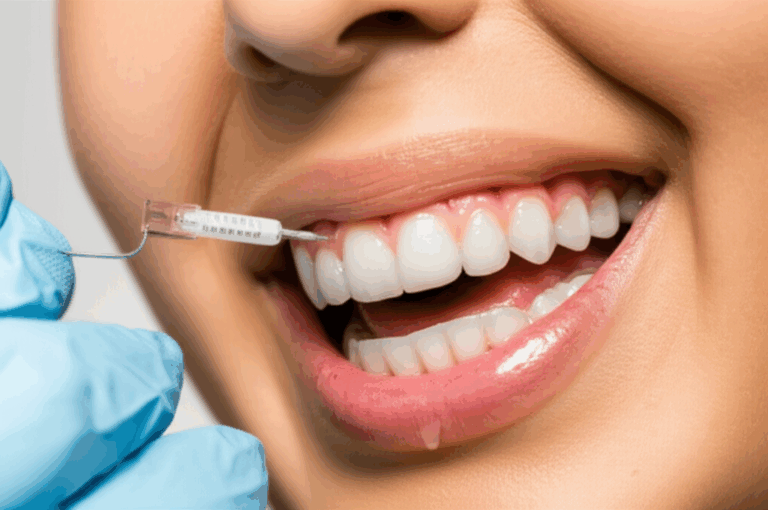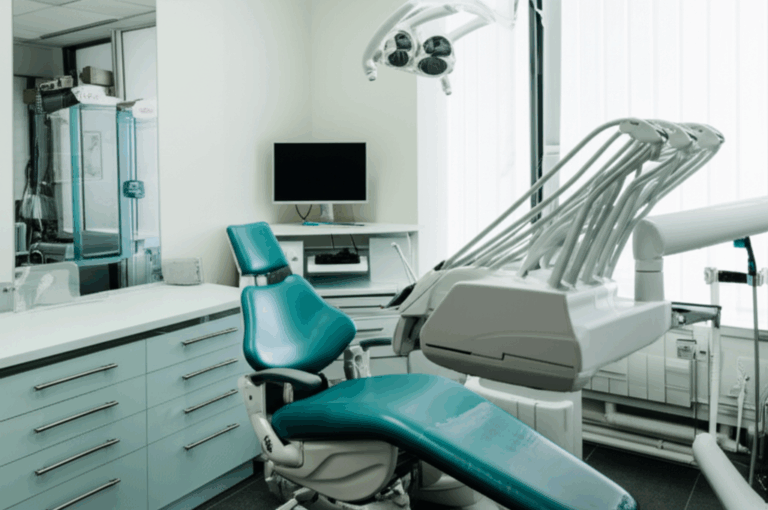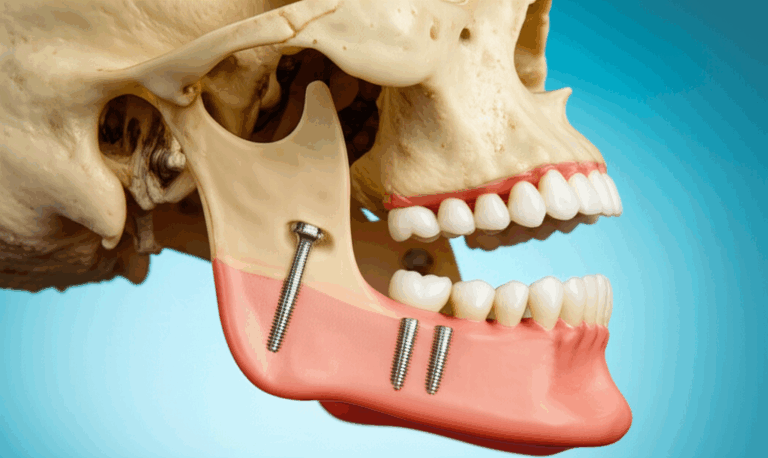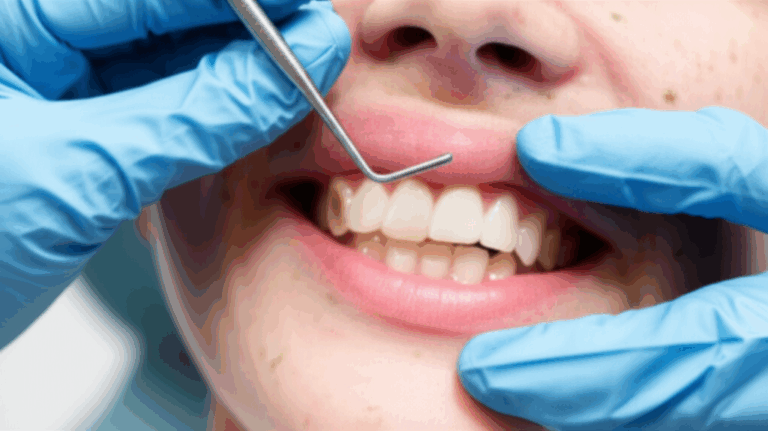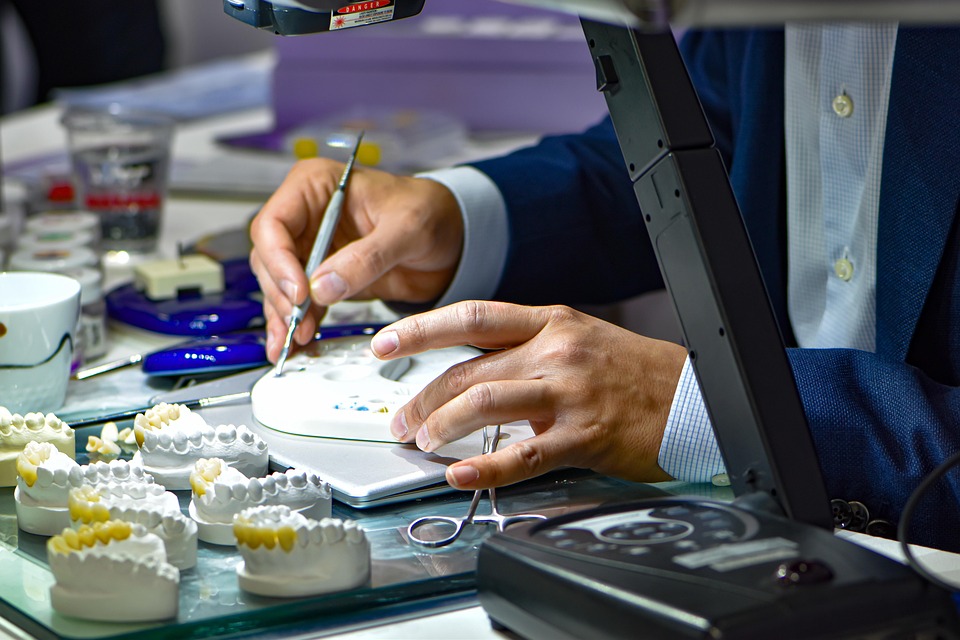
Can Dental Anesthesia Cause Health Problems
Dental anesthesia is something most people go through if you’ve ever been to the dentist. Whether it’s the quick pinch before a filling or the sleepy feeling for a bigger treatment, anesthesia makes dental visits easier to handle. But you might wonder: can dental anesthesia lead to health problems? If you’ve ever felt worried or even scared when your dentist gets out the needle, you’re not alone. I’m sharing my own real-life stories and what I’ve learned so I can clear up myths, talk about risks, and give you direct answers. You’ll find out why dental anesthesia is important, what you should look out for, and how to keep dental treatment safer for you and your loved ones.
Article Outline
- What Is Dental Anesthesia?
- Why Do Dentists Use Anesthesia?
- Can Dental Anesthesia Cause Allergic Reactions?
- Are There Long-Term Health Risks?
- What Should You Expect After Dental Anesthesia?
- Who Is Most at Risk for Complications?
- How Can You Lower Your Risks?
- Is Dental Anesthesia Safe for Kids and Older Adults?
- Do Different Dental Labs Play a Role in Safety?
- When Should You Talk to Your Dentist?
What Is Dental Anesthesia?
Every time I’ve had a cavity or needed a pulled tooth, dental anesthesia was part of what happened. Simply put, dental anesthesia means using medicine to stop pain during dental work. Dentists have a few choices: local anesthesia makes just a small part of your mouth numb, while sedation or general anesthesia can help you relax or sleep.
Local drugs like lidocaine are used most often. Dentists put these medicines right where they’re needed so you don’t feel much. For bigger or more upsetting dental jobs, you might get laughing gas or medicine through an IV. The goal is comfort and calm every time.
Dental labs, like a china dental lab or a 3d dental lab, often make crowns and bridges that help with anesthesia—making tough procedures easier. Knowing what’s going in your mouth and how it will feel is more important than you may think.
Why Do Dentists Use Anesthesia?
Think about being in the dentist chair, waiting for a root canal—with no medicine to block pain. No thanks! Dental work would be terrible without anesthesia. Dentists use it so you have as little pain as they can manage. Even the bravest person doesn’t want to feel a tooth pulled out with no pain relief.
Dental anesthesia does more than stop pain. It helps your dentist get the job done quicker and safer, since you’re not shaking or moving around. That makes things better for both sides.
If there wasn’t anesthesia, even simple care—like getting a crown from a zirconia lab or fixing a broken tooth—could feel scary or painful. For many, that idea alone is enough to avoid seeing the dentist at all. That’s not good for your teeth or your health.
Can Dental Anesthesia Cause Allergic Reactions?
This is where it gets serious. Anesthesia can cause allergies, but it doesn’t happen a lot. When I was a kid, I saw someone else get red spots after getting a shot at the dentist’s. The dental team took care of it right away.
Allergic reactions can go from mild—a rash or some swelling—to severe, like anaphylaxis, which can be very dangerous. Dentists know how to spot problems and help fast. Most local anesthesia today is safe and does a good job, but it’s important to tell your dentist if you’ve ever had any medicine problems.
Be careful: If you have trouble breathing, get dizzy, or your face or mouth swells, get help fast. Your dental team can switch medicines, use the right tools, or call for extra help if needed. You can stay safer by telling them your full health and allergy history at every visit.
Are There Long-Term Health Risks?
Let’s be honest: If you start looking up things online late at night (like I have), you’ll see stories about people blaming anesthesia for feeling foggy-headed or having heart problems, or worse. But honestly, most people don’t have any lasting problems after dental anesthesia.
Most issues like feeling numb or tingly go away pretty quickly. Occasionally, a nerve may get hurt or numbness might last longer, especially after wisdom teeth removal. Permanent damage is really rare, but it does sometimes happen.
If you feel worried, talk to your dentist openly. They can tell you which type of anesthesia—like local shots or general—is right for you. Dentists want you to be safe and will use the safest drugs they can.
What Should You Expect After Dental Anesthesia?
The biggest thing you will feel? Numbness! Your tongue, lip, or cheek might feel squishy or thick. Usually, that strange feeling goes away in a few hours. I’ve bitten my cheek before without even knowing, only to notice it later.
Sometimes, you might drool, talk funny, or feel a bit lightheaded. A few people get a small bruise or a little swelling where the needle went in. If you had laughing gas or IV meds, you could feel sleepy or silly for a short time after.
Usually, just resting is all you need. Drink water and wait until you feel normal before driving home or going back to regular things. Let your dentist know if you still feel numb the next day, or if you get pain, swelling, or a fever. It’s always better to be safe.
Who Is Most at Risk for Complications?
Not everyone has the same chances for problems. I’ve noticed that my older friends or people with health issues often ask more questions before having dental work. Here’s who needs to be careful.
People with medicine allergies, heart trouble, or breathing problems like asthma have to watch out more. If you’re on blood thinners or certain other pills, your dentist may need to change the plan to keep you safe.
Kids, older adults, and anyone with liver, kidney, or nerve problems should talk about it with the dentist before starting. Pregnant people need to check in, too—some anesthetics can be risky.
How Can You Lower Your Risks?
Getting ready is your best move. Before any dental care, let your dentist know all about your health and which medicines you take. If you’ve ever used an emax dental lab or had tricky dental work before, mention if you had a reaction.
You can also ask which anesthesia your dentist plans to use. If you had trouble with one before, there’s usually a different option. Telling the dentist everything keeps everyone safer.
If you’re worried or nervous (which is very common), say so. The dentist can walk you through what will happen so you feel calmer and more in control. Knowing what’s going on helps a lot, trust me.
Is Dental Anesthesia Safe for Kids and Older Adults?
As a parent, I get nervous any time my child needs anesthesia. Dentists use smaller doses for children and watch closely. Still, kids might get sick to their stomach or feel restless. The good news is, things are safer than they used to be.
Older adults are a bit different. Many are on medicines that don’t mix well with anesthesia, or they have health issues that up the risk. The right dose is very important. Dentists and oral surgeons can talk to your doctor to find what is safest.
Family or caregivers should join in, too. If you’re helping someone young or old, ask to be included in the planning. Write down any care instructions and warning signs to look for after the visit.
Do Different Dental Labs Play a Role in Safety?
Do you ever wonder if it matters where your crowns or bridges are made? Not all dental labs are the same. Labs like a 3d dental lab or a top china dental lab use good materials and high-tech tools so the dental work fits better. When things fit better, you might not need as much anesthesia.
For example, a crown from a zirconia lab that fits just right means a shorter visit and less soreness. That often means fewer numbing shots and fewer problems. If your dental work fits badly, it might mean more drilling and more anesthesia.
So picking dental labs with a good name can help keep you safer—even if you don’t usually think about it.
When Should You Talk to Your Dentist?
Don’t stay quiet if something doesn’t feel right. If you’ve had a strange reaction to anesthesia before or your health has changed, speak up before your next appointment. Now is the time to talk.
Ask questions! Find out what anesthetic will be used, why it was picked, and what rare things could go wrong. Ask what to watch for, and who to call if you feel bad after you get home. Your dentist would much rather help you now than have to fix a big problem later.
Remember, it’s your mouth and your health. If you and the dental team work together, you’ll get a better and safer result.
Bullet Point Summary: Key Takeaways
- Dental anesthesia keeps dental care pain-free but can cause rare health problems.
- Most side effects—like numbness or a small bruise—go away in a few hours.
- Serious issues are not common. Allergic reactions or long-lasting problems almost never happen, but you should always pay attention.
- Tell your dentist your whole health story at every visit, including allergies and what medicines you take.
- Kids, older adults, or anyone with health problems should talk openly with their dental team.
- Good dental labs (such as zirconia, emax, or top china dental labs and 3d dental labs) help dental work fit well, which means safer, more comfortable care.
- After anesthesia, rest until you feel steady; call the dentist if you still feel numb, have swelling, or are in pain for too long.
- Teamwork matters: you and your dentist should work together to keep risks low and your teeth healthy.
- Never keep quiet if you’re worried. Ask questions before and after dental visits for peace of mind.
If you want dental care that’s safe and smart, knowing about anesthesia—and what can happen—helps you keep your smile strong.

